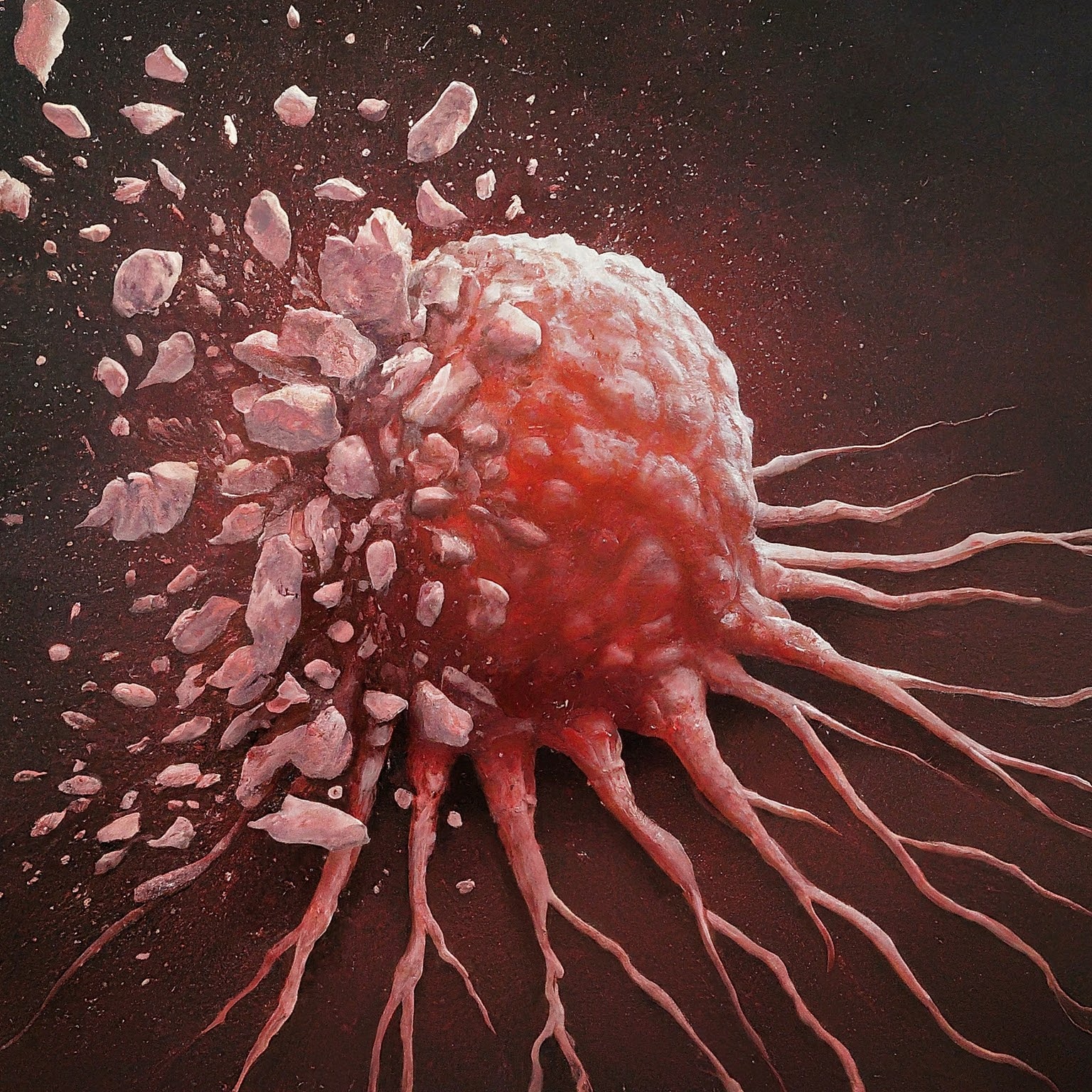Can a Cancer Drug Reverse Alzheimer’s Disease? New Study Shows Hope
Introduction
Alzheimer’s disease is a crippling neurodegenerative disorder that has afflicting millions of people globally. It is instead a slow decline in memory, thinking skills and other cognitive functions. At present there is no cure for Alzheimer’s, and existing therapies serve only to mitigate symptoms on a temporary basis. Yet a new study is giving hope that there could be an Alzheimer´s breakthrough when it comes to using one cancer drug to trigger the reversal for this debilitating disease.
For more articles check Newsworldportal
What are Alzheimers? What is Alzheimer Disease?
The most common cause of Alzheimer’s disease is an accumulation in the brain of proteins form structures called plaques and tangles which, disrupt communication between the cells. In the long run, this leads to a steady decline in cognitive capabilities and an ultimate impingement of independent functioning for day-to-day basic activities.
Research Teases Apart Cancer-Alzheimer’s Connection
Cancer and Alzheimer’s disease have some interesting ties scientists have recognised for a while. Even though the two maladies seem to have dichotomous effects, previous work has suggested they are considerably intertwined – people with a history of particular cancers tend not to succumb as readily, for example. This observation prompted us to explore the possibility of cancer drugs in fighting Alzheimer’s disease.
Overview of the Cancer Drug
Bexarotene is the name of the cancer drug being probed in a new study. Bexarotene was developed for the treatment cutaneous T cell lymphoma, and activates a protein known as retinoid X receptor (RXR). Activating RXR has also been shown to clear beta-amyloid plaques in the brain, a tragic hallmark of Alzheimer’s disease.
New Study Findings
Bexarotene may reverse Alzheimer’s, researchers sayFollowing a recent groundbreaking study treatment for mice with Alzeheimer[…] When the researchers gave bexarotene to mice that were already experiencing reduced memory and cognition, they found dramatic improvements in their learning and memory abilities. In mice, the treatment seemed to trigger a reversal of beta-amyloid plaques and repaired brain function.
Cancer Drug With Alleged Power to Reverse Alzheimer’s
The results suggest that it could be very relevant in the treatment of Alzheimer’s disease. To date, no single drug has shown as much promise in targeting and eliminating the root causes of this disease rather than only managing its symptoms. If proven in further studies, bexarotene had the potential to be a revolutionary treatement for Alzheimer’s patients.
Challenges and Limitations
Although the study shows impressive results, significant difficulties still lay ahead in transitioning from animal models to humans. A large number of preclinical treatments have been used on thousands human clinical trials, but none (or seldom) is successful. The study also did not look at possible side effects and long-term safety concerns about bexarotene in patients with Alzheimer’s.
Conclusion
A new study suggesting that an existing cancer drug has the potential to reverse symptoms of Alzheimer’s disease is spurring new avenues of research and raising hope for many affected by the dreaded condition across the world. Even though there is still a long way to go for overcoming the most important hurdles and bottlenecks, these studies shed more light into our understanding of FTD providing us with new tools in search of solutions against this dreadful disease.
Hope for the Future
With further research pending, one can hope to find a more effective therapies targeting the true pathogenesis of Alzheimer´s disease. The finding that bexarotene works to reverse symptoms of Alzheimer’s is a positive light at the end of what has been mostly dark and disasterous tunnel for both scientists, clinicians, but perhaps most importantly families crushed by this devastating disease! They are the kind of cutting edge studies that offer hope for the day when Alzheimer’s disease cannot steal away from people memories and cognition.






